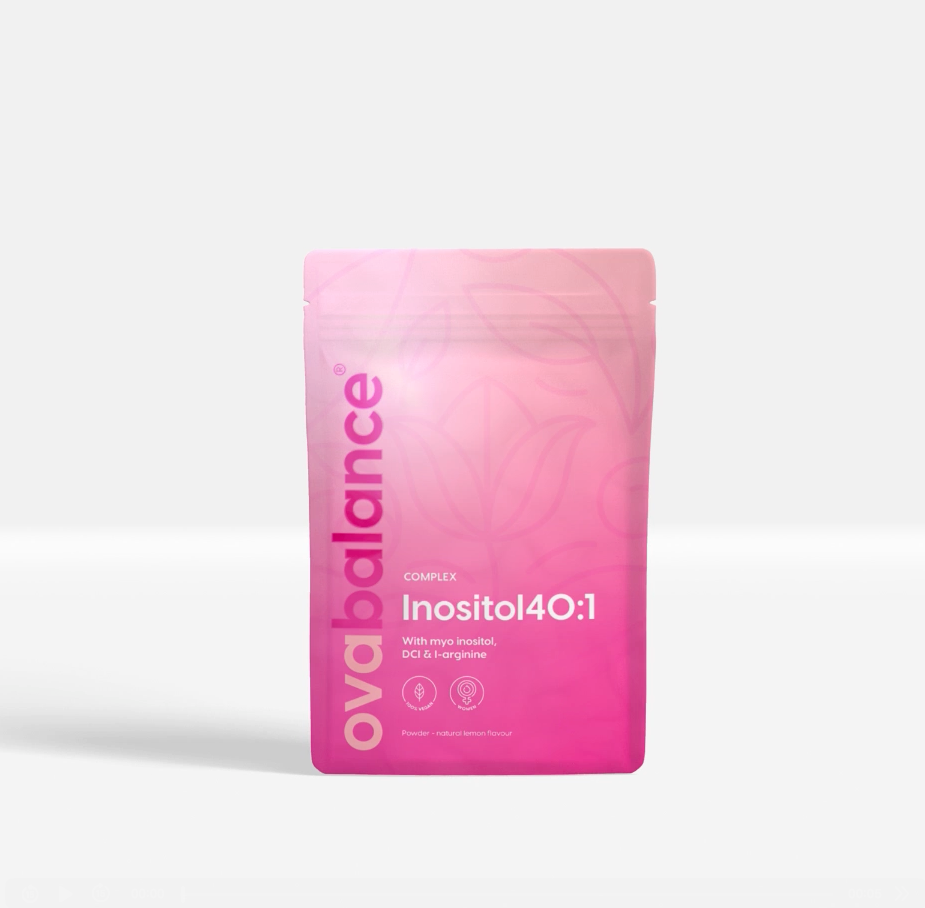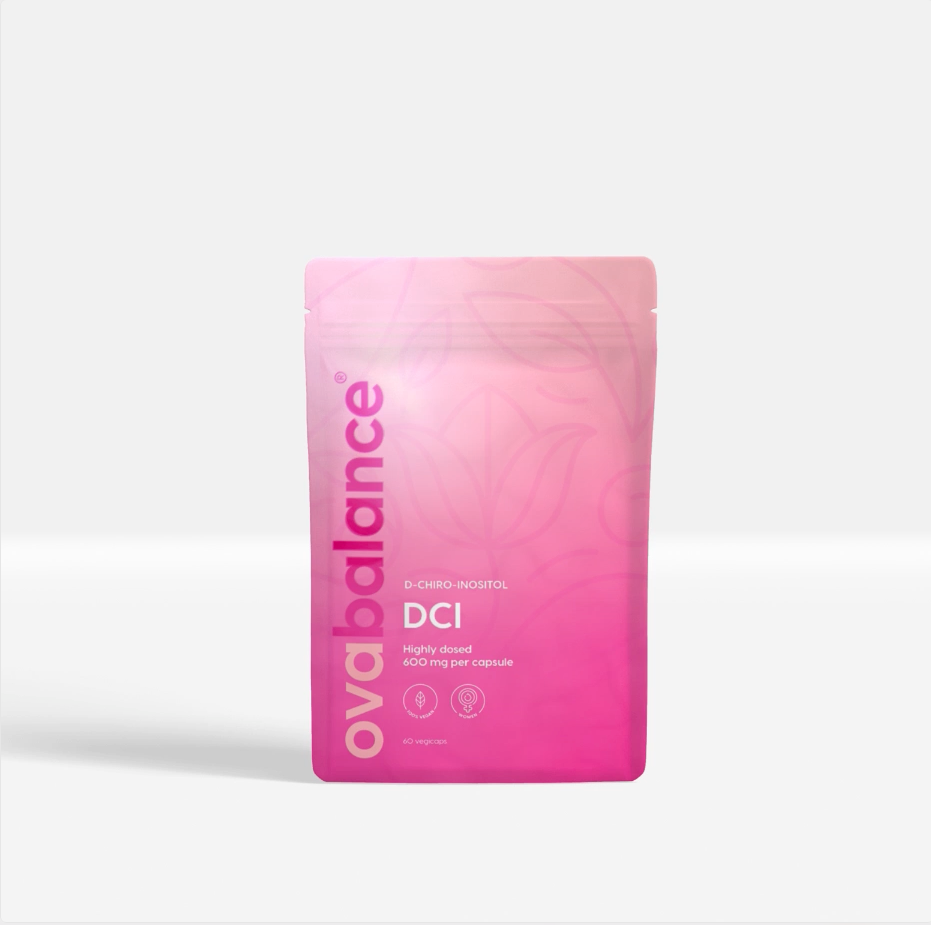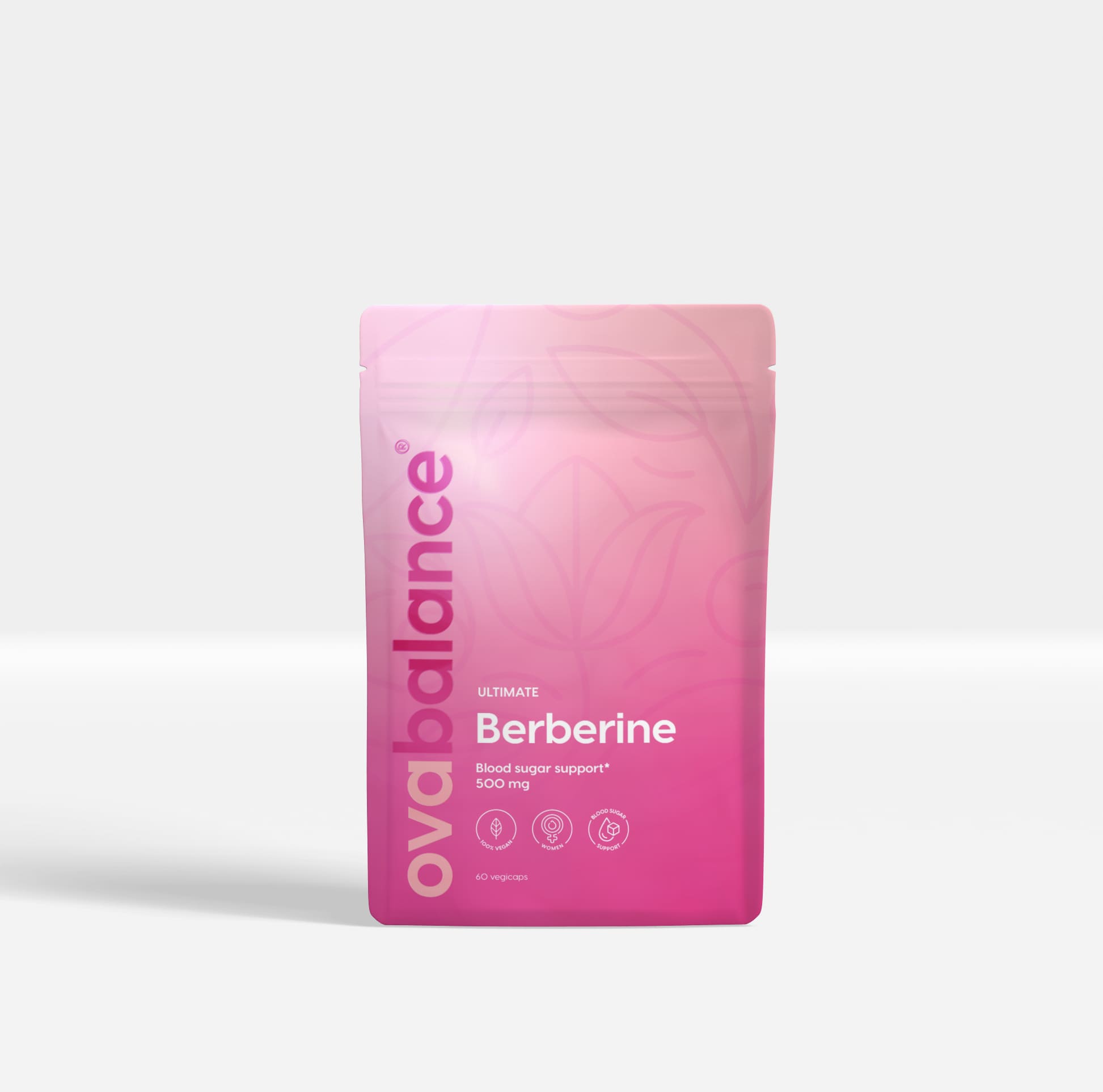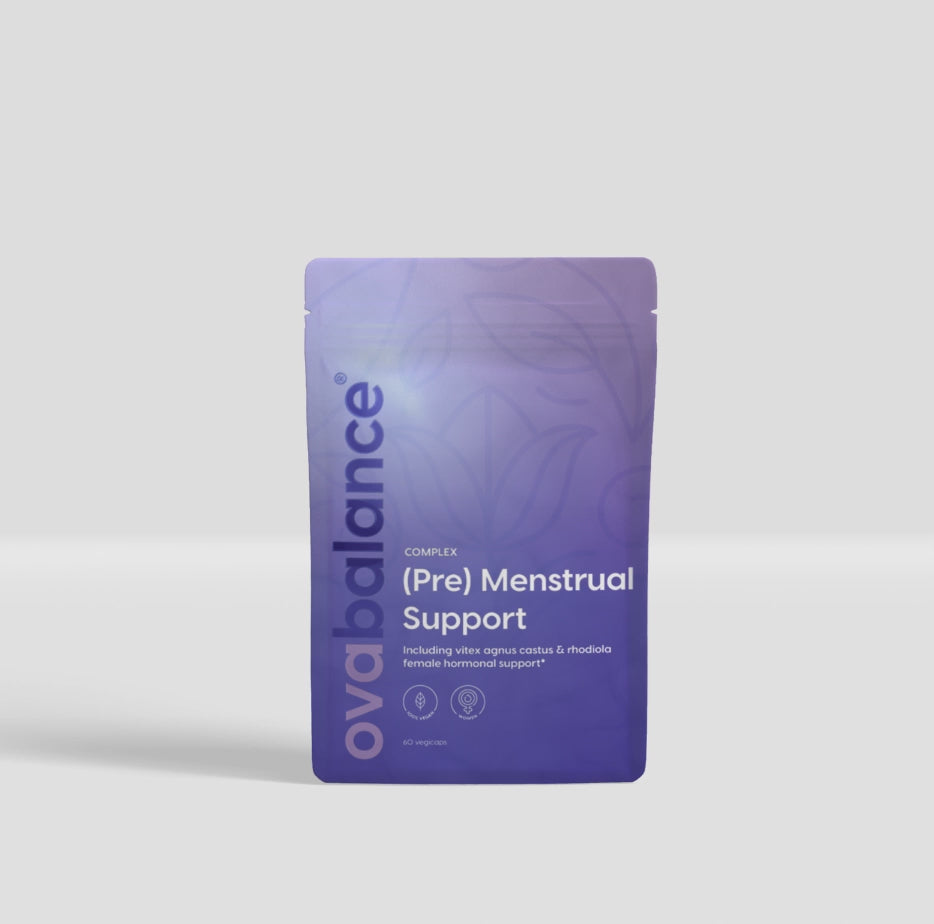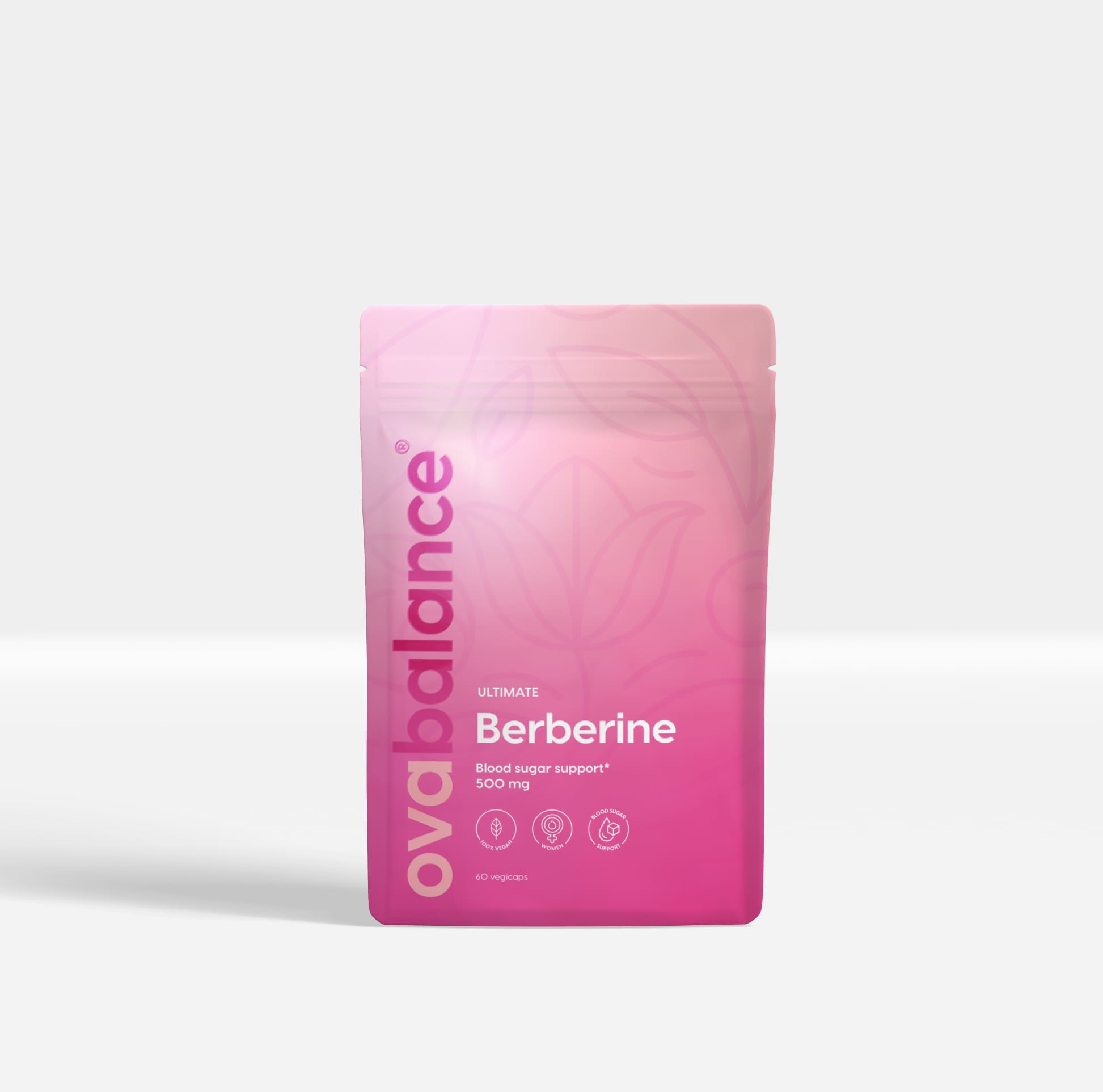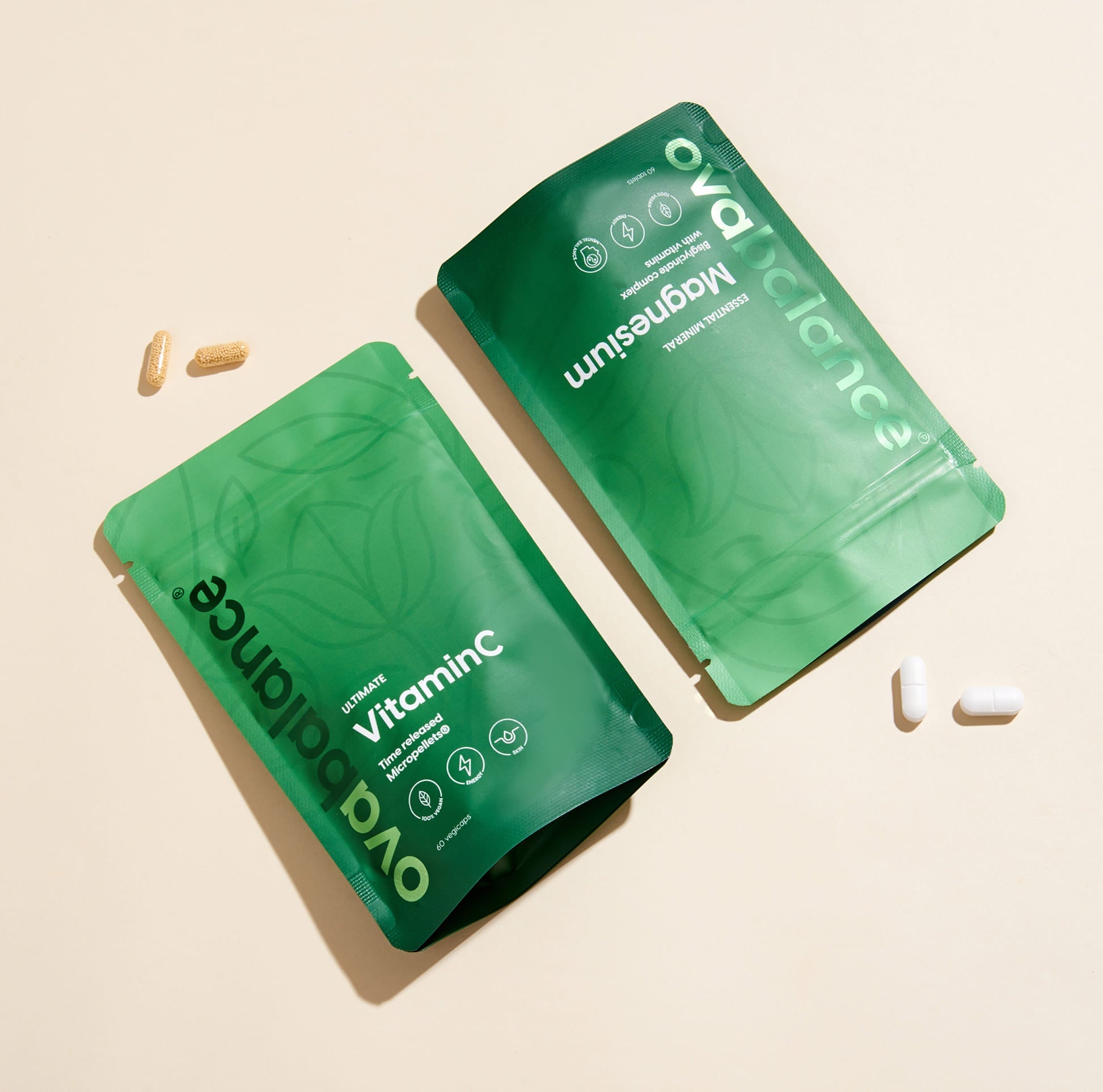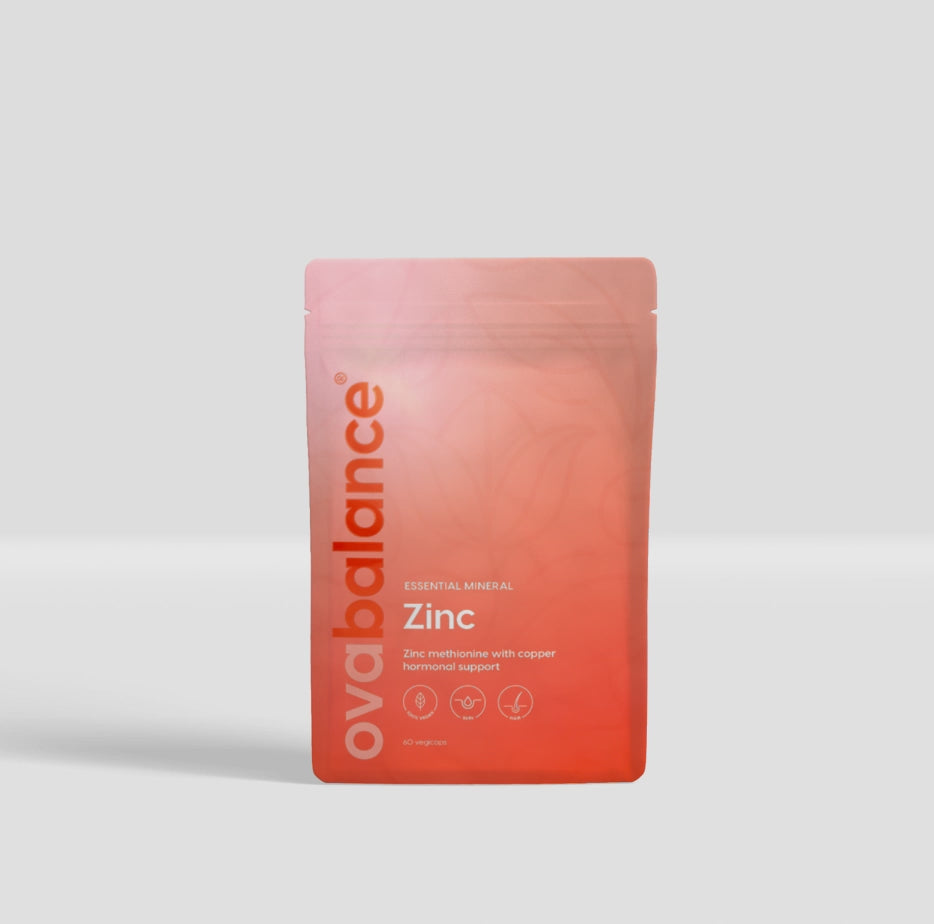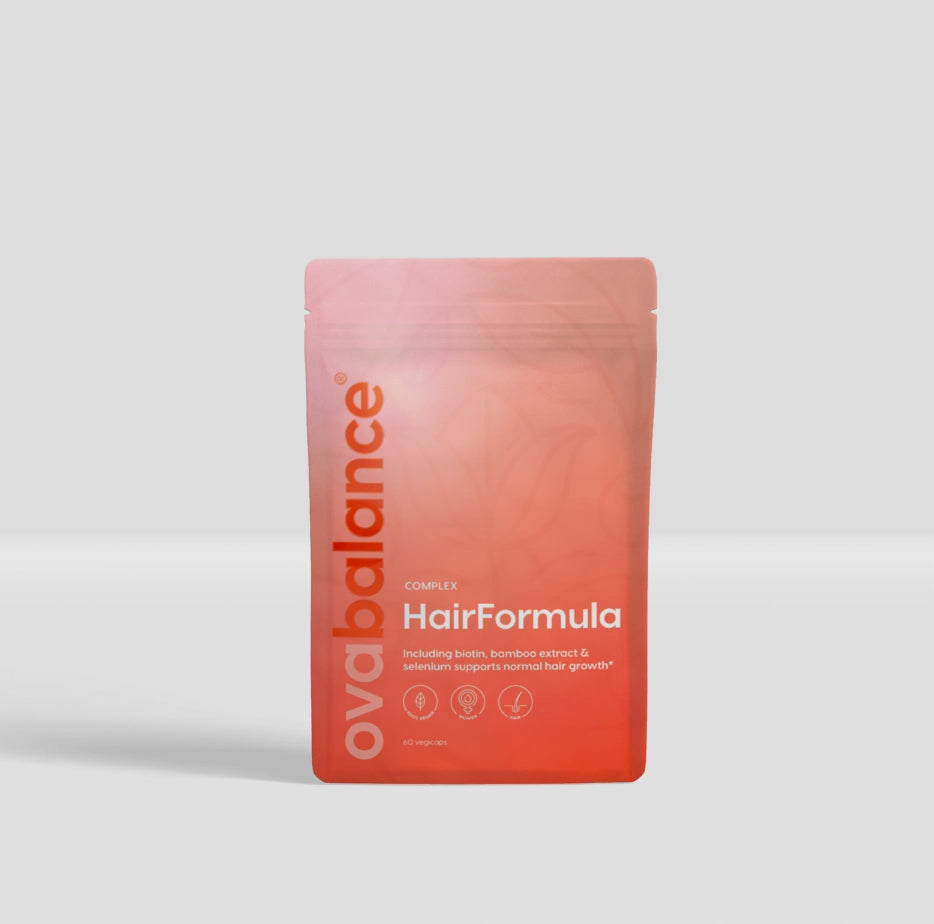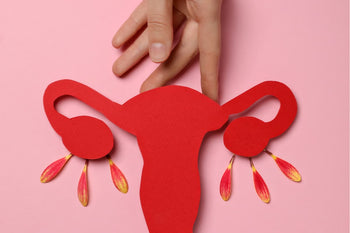

If you have a regular cycle, an egg is released from your ovaries every month. The moment this happens is called ovulation. It is one of the most important moments in your menstrual cycle, because this is the moment when you can get pregnant. Without ovulation, getting pregnant is not possible.
Read this article to find out exactly what ovulation is, how to recognize it and when you are fertile.
Contents
What is ovulation?
Ovulation, also known as ovulation, is part of your menstrual cycle. It is the moment when a mature egg leaves the ovary on its way to the uterus.
When a girl is born, all the eggs for her entire life are already present in the ovaries. There are about 2 million of them. During puberty, this number has already shrunk to 300,000 immature eggs. Every menstrual cycle, an egg matures. This egg matures from a sac that we call the follicle.
A follicle is filled with fluid full of nutrients and hormones that are needed to mature the egg. Approximately 10 follicles grow per month, of which only 1 matures completely. The rest eventually die. With each ovulation, the total number of eggs present in the ovaries decreases. Of the millions of eggs that you had as a newborn baby, approximately 400 will mature and ovulate during your life.
When an egg is ripe, the follicle bursts. The egg is released and enters the fallopian tube. If the egg meets a sperm cell on its way to the uterus, it can be fertilized and you become pregnant.
Double ovulation
In principle, one egg is released during each menstrual cycle, but in some cases double ovulation occurs. In this case, two eggs are released. If both are fertilized, this is called fraternal twins.
When does ovulation occur and what does it feel like?
Ovulation occurs 14 days before the start of the next menstruation, regardless of how long the first part of your cycle is. For example: if you have a 28-day cycle, ovulation is on day 14. And with a 30-day cycle, ovulation is on day 16. Some women always have a cycle of a fixed number of days. For others, it varies by a few days. That is also normal.
There are women who feel ovulation as a stabbing pain in the lower abdomen. But not everyone feels this. You may notice other symptoms.
The symptoms during ovulation that you may experience
Sensing ovulation is useful when you are trying to conceive. Some women can tell when they are ovulating, others don’t. There are a few ovulation symptoms that can help you recognize when you are ovulating:
For example, you feel a mild pain in the lower abdomen, often slightly less intense than menstrual pain.
Your discharge is clear and elastic, and sometimes you lose a little more discharge than normal. Sometimes you can see some brownish discharge, if some blood was released during ovulation.
Your breasts are more sensitive.
You have a higher libido and therefore more desire for sex.
Your body temperature also rises by an average of half a degree.
The position of the cervix changes. It opens a little so that it is accessible to sperm cells and becomes higher.
About two days before ovulation, there is a peak of luteinizing hormone (LH). This causes the mature egg to be released. Although you cannot feel this peak, it can be detected with an ovulation test.
Cause of ovulation pain
Feeling your ovulation: that is really possible. You will experience a stabbing pain in the lower abdomen, where your ovaries are located. This pain can last for a few hours. The cause of this ovulation pain is the bursting of the ripe follicle from which the egg is released.
The fluid that is released from the follicle, during ovulation, ends up in the abdominal cavity. There it sometimes causes some irritation to your peritoneum. The pain can be stabbing or slightly cramping, which can be compared to mild menstrual pain.
Fertile period
Ovulation is the start of your fertile period. A mature egg enters the fallopian tube, to travel via this route to the uterus. This journey takes a few days. In the fallopian tube, the egg can be fertilized in the first 24 hours after ovulation.
If you want to get pregnant, it is important to have sex during your fertile days. And preferably before ovulation. If you were to have sex at the time of ovulation, there is a chance that you are already too late. The sperm cells need time to enter the fallopian tube and reach the egg. The fertile period of the egg cell is often over by then.
For women who want to get pregnant, it is recommended to have sex in the six days before ovulation. This way, the sperm cells have all the time to be present in the fallopian tube in time for the supreme moment : ovulation. This way, the chance of pregnancy is the greatest.
This is how you can increase the chance of ovulation
If you want to get pregnant, it is important to understand your menstrual cycle. It is especially important to know when you ovulate. You can learn more about your cycle and hormones in books such as The Hormone Revolution or Hormone Balance For Women .
Power supply
A healthy and varied diet is important for a healthy and regular cycle. Make sure you get enough vitamins, minerals and folic acid through food. Are you worried that you are not getting enough nutrients? Then a supplement can be a pleasant addition to your daily diet.
A supplement with at least vitamin D and folic acid is recommended, such as MultiMama , if you want to become pregnant. From the moment you have an active desire to have children, midwives and doctors recommend using folic acid. Ovabalance MultiMama contains the best absorbable and natural form of folic acid, folate.

Other lifestyle tips:
Avoid alcohol, smoking, drugs and do not drink too many drinks containing caffeine.
Sufficient exercise and a healthy lifestyle help to ensure a healthy and regular cycle.
Stress has a negative effect on your fertility, so make sure you get enough relaxation in your daily life.
Personal advice
Do you have questions about supplements and would you like to know if Ovabalance can help you? Due to the legislation regarding food supplements, we are unfortunately unable to provide full information here. Would you like more information? You can always contact us

